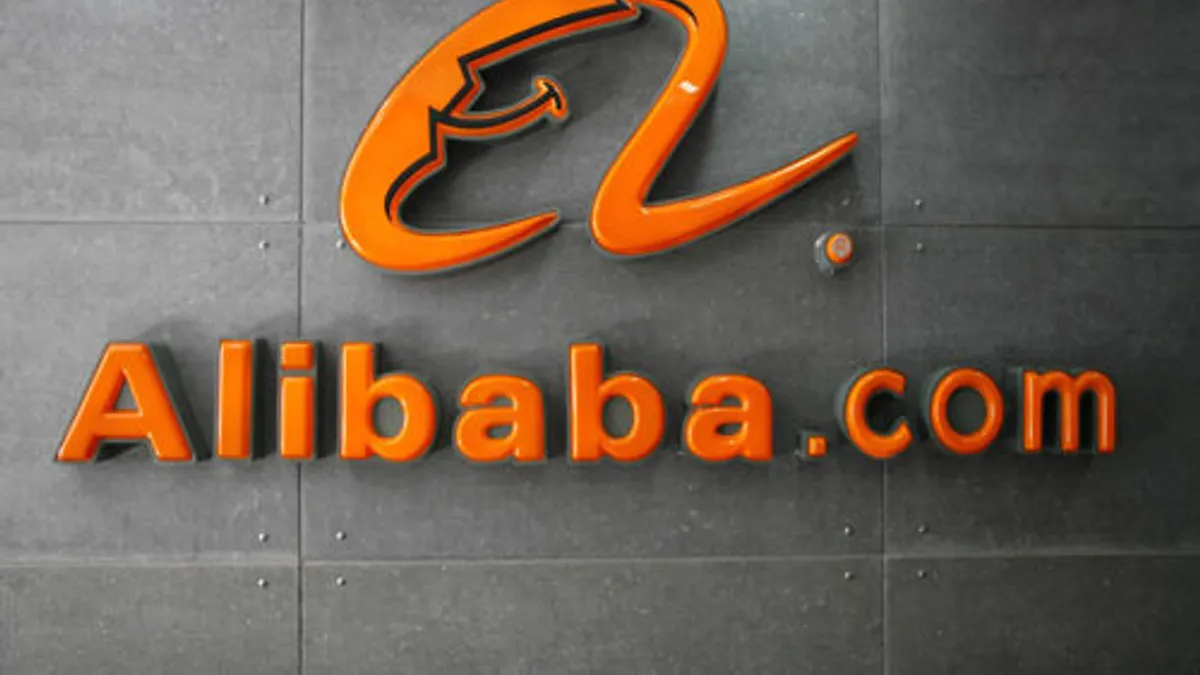Dive Brief:
- The cloud computing division of Chinese e-commerce company Alibaba will roll out its smart city platform in the Malaysian capital of Kuala Lumpur. This is first installation of the company's artificial intelligence platform, City Brain, outside of China. It was adopted in the company's home city of Hangzhou in 2016.
- The system will begin by providing traffic solutions to ease congestion in Kuala Lumpur by connecting to 300 traffic lights and 500 traffic cameras, according to Quartz. It could expand to solve other city problems through its video and image recognition, data mining and machine learning.
- The first phase of City Brain deployment in Kuala Lumpur is expected to be finished by May. If it goes well, the city will expand the system throughout the metro area later in the year.
Dive Insight:
Alibaba's dominance of the Chinese e-commerce scene has been likened to Amazon's e-commerce dominance in the United States. Also like Amazon, Alibaba has expanded into various parts of the tech industry, such as with its Alibaba Cloud division, which devised the smart city platform.
Kuala Lumpur, a city of nearly 1.6 million people, has notoriously bad traffic congestion. Automobile ownership is among the highest in the world, in part because it is viewed as a sign of wealth and status, as it is in a number of other Southeast Asian countries. In 2014, Nielsen found that Malaysia had the third-highest rate of car ownership in the world, with a whopping 93% of households owning at least one car, and 54% owning more than one, making it the top country for multiple car ownership.
Given these stats, it makes sense for the smart platform deployment to begin by solving Kuala Lumpur's traffic congestion problem. City Brain will make live traffic predictions and alter traffic lights in real time to change the flow of traffic. The system will be able to detect accidents or other emergencies and eventually should be able to automatically call for emergency services. That concept is also in the works in Dallas with the installation of its new traffic management system.












